
An aerial view of Shanghai. (Photo by Du Lianyi/China Daily)
International investors have been pursuing Chinese assets in both the onshore and offshore markets over the past month, and this trend will continue in the coming weeks as the country's economy rebounds due to strong policy support from the investment and consumption sector, market analysts said.
Major A-share companies will likely regain their footing and go back to a normal market value as the economy recovers gradually and more measures are put in place to spur investment and consumption, Li Xiaotong, an independent market analyst, said on Sunday.
He predicted that the Shanghai Composite Index will inch up to the 3,400 level soon, after Friday's outstanding performance. The Shanghai index rose by 1.42 percent on Friday, compared with a decline of 2.73 percent of its U.S. counterpart, the Dow Jones Index, on the same day.
Despite the resurgence of COVID-19 cases in some parts of China, foreign investors bought a net $2.5 billion worth of Chinese stocks in May, the biggest amount in four months, data jointly released by financial information provider Refinitiv Eikon and Hong Kong Exchanges and Clearing Limited said.
Overseas investors in the A-share market, through the stock connect mechanism linking the Shanghai, Shenzhen and Hong Kong exchanges, reported a net inflow for the 10th straight session on Friday of 11.6 billion yuan ($1.73 billion). It is the longest period of net inflows this year.
Aggregate net inflow of northbound capital has exceeded 41 billion yuan so far this month.
Charlie Wilson, portfolio manager of Thornburg Investment Management, wrote in a research note that he is overweight in Chinese equities as large-cap technology companies have seen their prices rebound from levels near a 10-year low.
Will Stephens, head of Credit Suisse's quantitative and systematic strategy in the Asia Pacific, wrote that international investors have shown increasing interest in A-share large-cap blue chips because their development prospects are underappreciated. There are also mid- to small-cap companies with strong growth potential that have not been considered fully yet.
Over the past few months, A-share industrial companies have replaced consumer staples as the sector where international investors had the biggest exposure, added Stephens.
The relatively low correlation between the A-share market and other global markets will help international institutions diversify their investment, he said.
Investors poured nearly $270 million into the $7.2 billion iShares MSCI China Exchange Traded Fund on Tuesday, the biggest daily inflow since BlackRock-the world's largest asset manager-rolled out the fund in 2011.
This is the world's largest overseas exchange traded fund tracking Chinese equities.
KraneShares CSI China Internet ETF, the second-largest China-focused exchange traded fund managed by New York-headquartered Krane Funds Advisors LLC, has also attracted net capital inflows of about $454 million over the past 30 days.
ASHR, the U.S.-listed exchange traded fund launched by DWS Group to offer international investors direct exposure to A-shares, has seen its net capital inflow exceed 77 million yuan over the past month.
The mounting interest by international investors can be partly attributed to the strong rebound of U.S.-listed Chinese companies.
The Nasdaq Golden Dragon Index, which tracks Chinese companies trading on U.S. exchanges, has gone up by 23 percent since May 11.
The rebound of China assets can likewise be felt in the Hong Kong stock market.
The Hang Seng Tech Index, the subindex that includes major Chinese internet companies like Alibaba, Tencent and Meituan, touched a year-low at 3,463.44 points on March 15. The index has since gained 39.35 percent at the market close on Friday.
Ethan Wang from Standard Chartered China forecast the A-share market will likely outperform other markets this year, given their low valuation and the accommodative monetary and fiscal policies that China will implement in the near term.








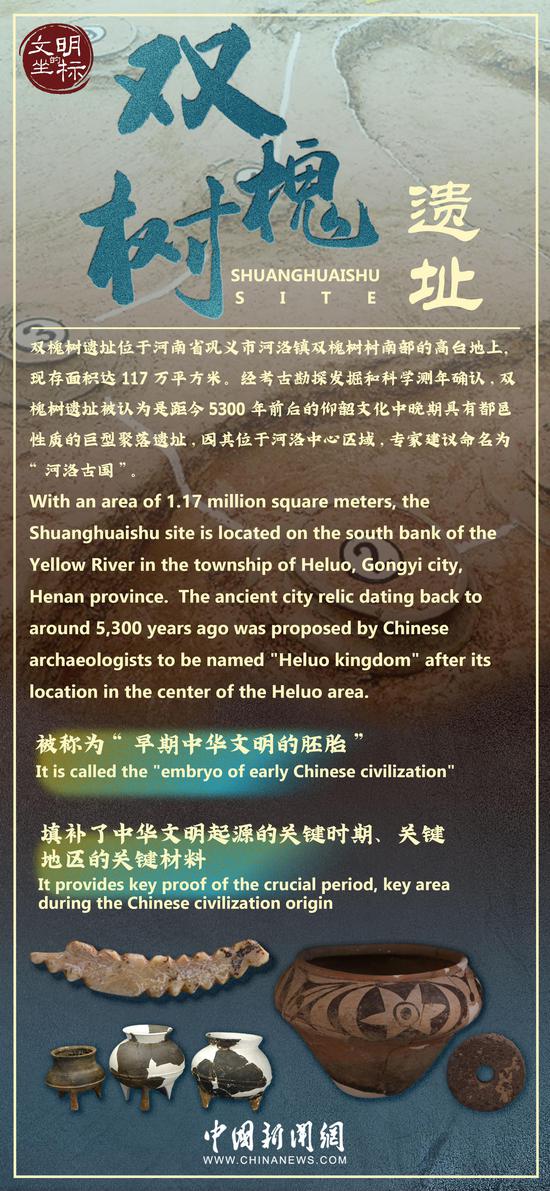








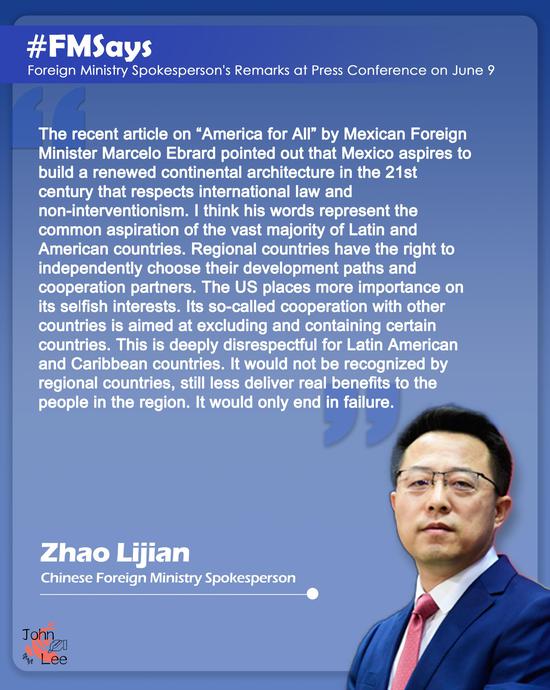
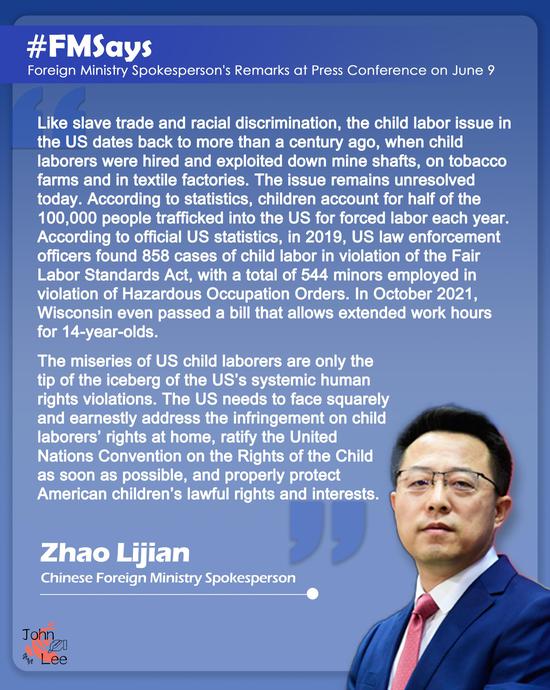















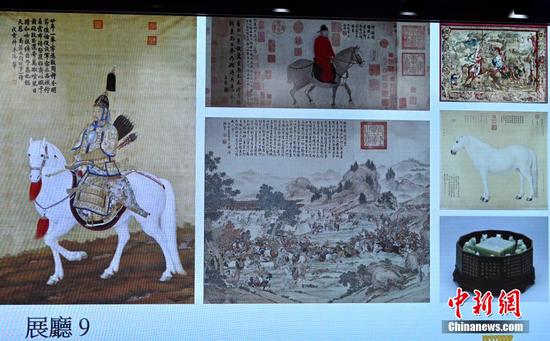




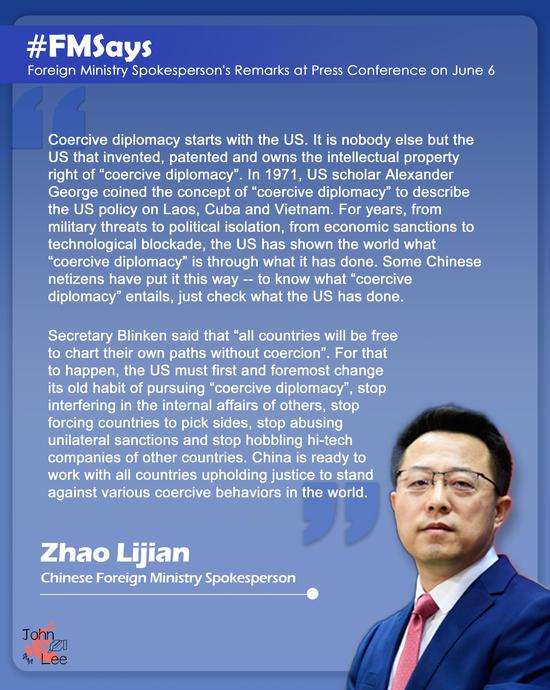
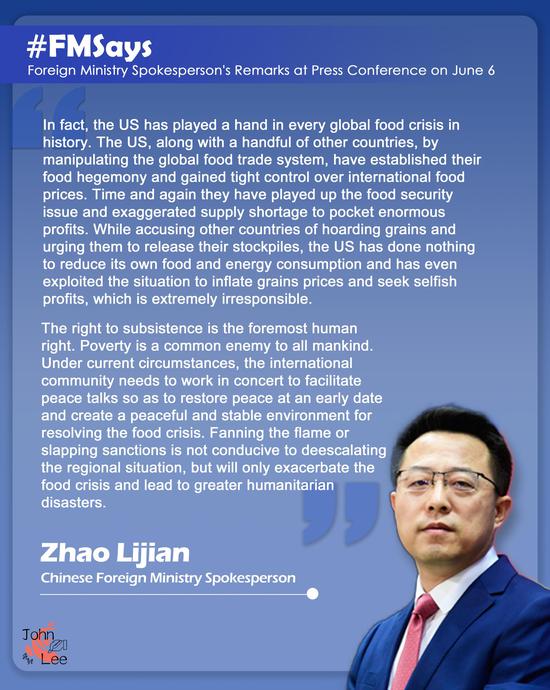
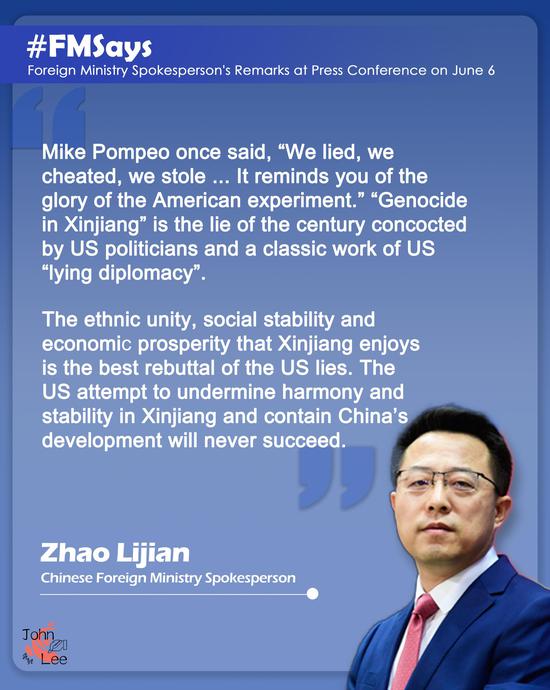

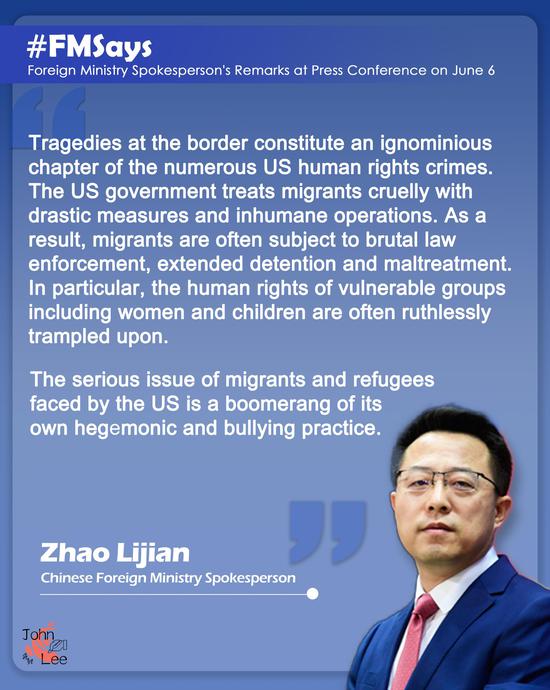






 京公网安备 11010202009201号
京公网安备 11010202009201号